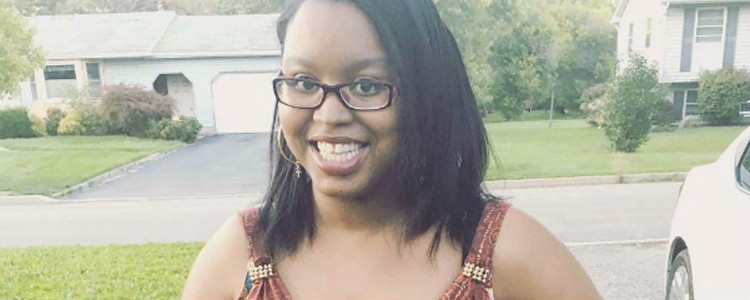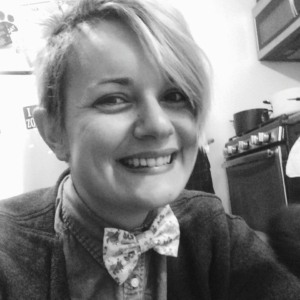‘I Want Black Disabled Girls to be Seen and Heard in Mainstream Media’
It’s no secret that disabled people are underrepresented or misrepresented in mainstream media. Just last year, Variety reported that 95% of disabled characters in the nation’s top 10 television shows are portrayed by able-bodied actors.
Many disabled self-advocates have been speaking up against the continued lack of representation and acceptance. We chatted with journalist Keah Brown—who is taking a stand on social media with #DisabledandCute—about her viral hashtag celebrating disabled bodies, activism, inclusion, and what she hopes to achieve next.
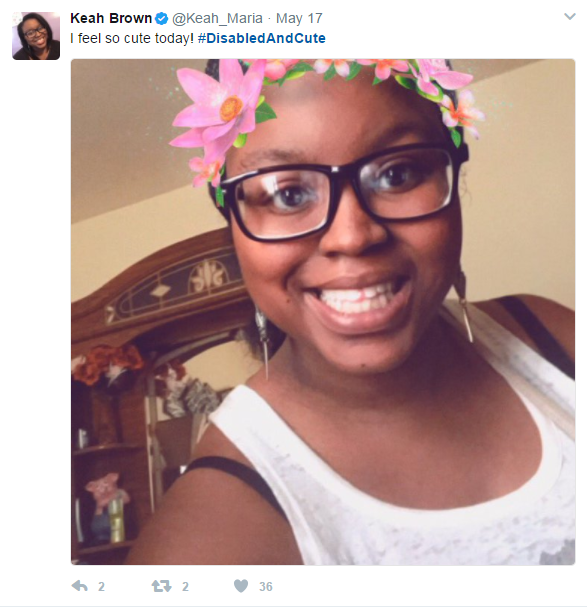
Diana Denza: Can you tell us a bit about yourself?
Keah Brown: I am a 25-year-old journalist and writer who loves pop culture, cheesecake, pizza, and cheeseburgers. I love the smell of gardenias and gasoline—not together, of course. I am also passionate about proper mainstream representation of disabled people, especially disabled people of color.
DD: What inspired you to start #DisabledandCute?
KB: I started it for myself. I wanted to celebrate the fact that I like myself now and that I was done tearing myself down.
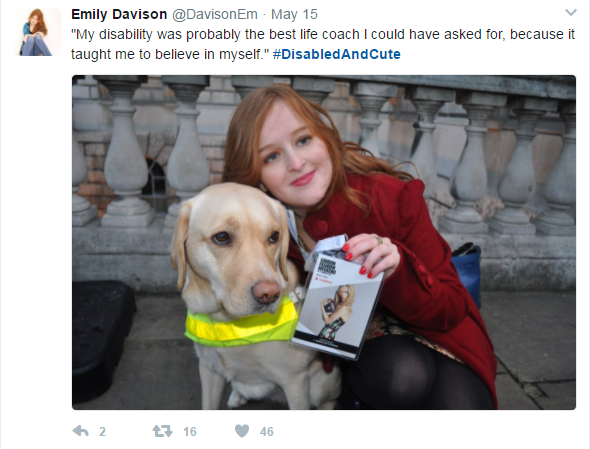
DD: Did you expect the hashtag to go viral?
KB: Absolutely not. I’m not sure that anyone does. I’m so grateful that it did, though. I am still amazed by it today, to be honest with you.
DD: What is the most important thing that’s happened as a result of #DisabledandCute?
KB: The best thing is the reach the tag has gotten. I’ve met so many people through it who are on a journey of their own. I also got to be interviewed in some really cool publications, make t-shirts, and write for Essence!
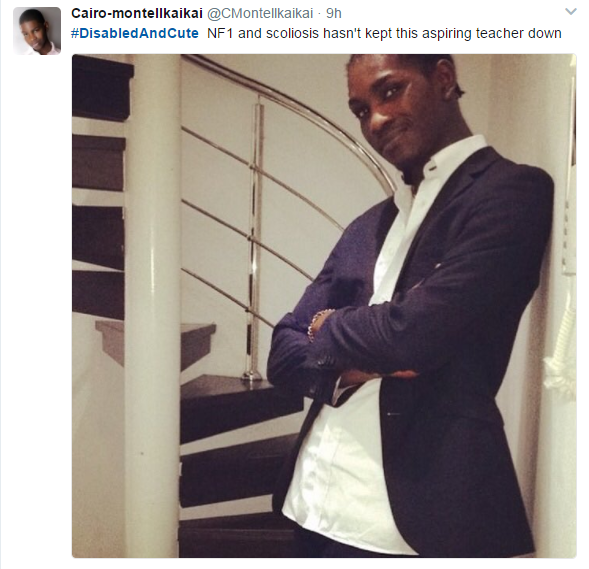
DD: What are some things disabled people face surrounding body image that abled people should understand?
KB: Because we are not showcased in a positive light, it becomes harder to accept our bodies. I firmly believe my lack of confidence and my hatred toward my body was due to both the lack of representation and the scraps of self-hatred representation we have had in mainstream media. “We” being the operative word since most disabled portrayals are still white men.
DD: What’s next in terms of the hashtag and/or your activism?
KB: Some really cool things that haven’t been announced yet! I do hope that the hashtag becomes a movement and that people continue to use it to tell their stories while sharing others. I’m also trying to get onto Ellen. She’s been instrumental to my journey in getting to this positive place. I’ve been using #GetKeahOnEllen on Twitter and Facebook. I also made a video in my pinned tweet that I’m encouraging people to share and tag her in, and I hope she or someone on her team sees it.
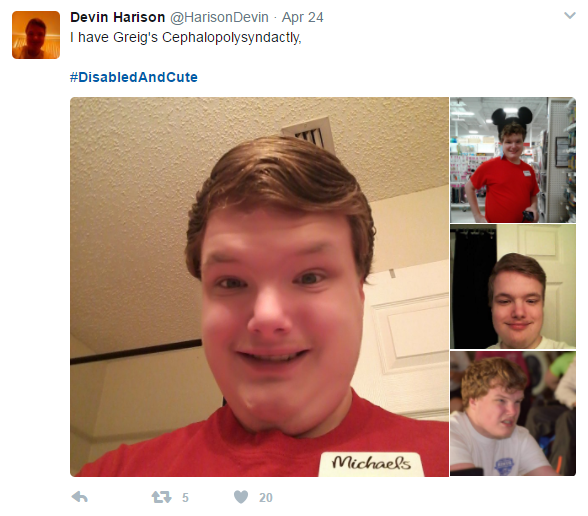
DD: Is there anything else we should know?
KB: You can follow me on Twitter and Instagram at Keah_Maria and read my work at keahbrown.weebly.com. Also, the hashtag is just the beginning. I have big dreams of writing TV shows, movies, and books. I want black disabled girls to be seen and heard in mainstream media. I think my time is coming and I’m ready to shine and to share my light with the world!


